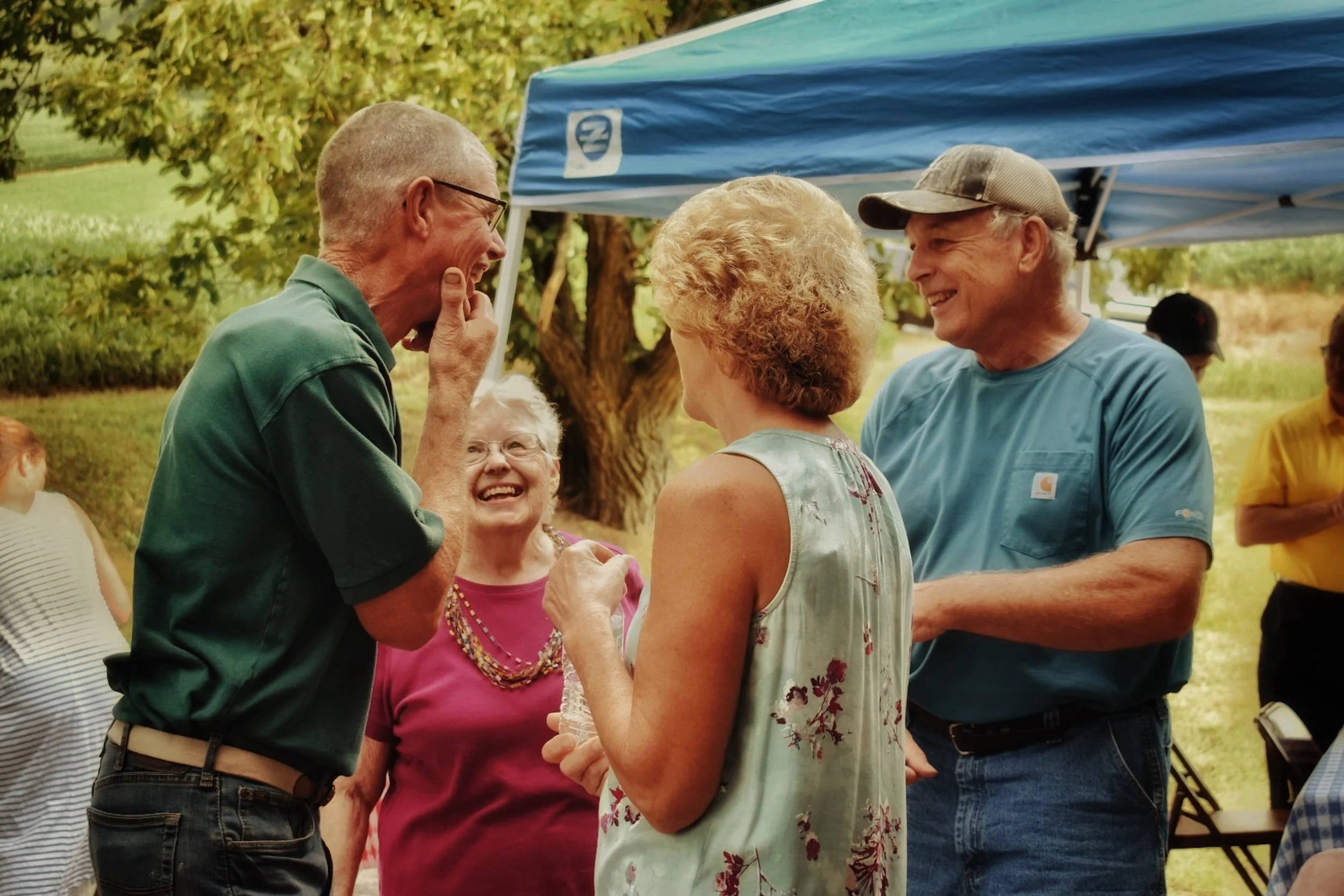Relationships and Mental Health
Heartland Mental Health has recently partnered with Denver Public Health and Environment for the “What You Say Matters” campaign, which helps people navigate conversations with loved ones about mental health. We are proud to be participating in this initiative, and it has inspired us to take an even closer look at this topic of “relationships and mental health.”
With the holiday season coming to an end, it is an important time to pause and evaluate the quality of relationships in our lives. It may be time to ask yourself, “Do the people in my life contribute to my stress or help to alleviate it?” Or you might ask, “Who in my life can support me in my mental health journey?”
The connection between relationships and mental health is particularly strong, as multiple studies have found that having unhealthy relationships in your life can contribute to lower mental health. Similarly, having a lack of healthy relationships in your life can also contribute to lower mental health.
While the two statements above may seem similar, they actually indicate very different situations. In the first situation, you may be surrounded by a lot of people and have many relationships in your life, but they are unhealthy relationships. The focus, therefore, is on identifying who in your life could be exacerbating your mental health problems or other stressors, and asking yourself whether or not you should continue associating with these particular people.
In the second situation, the focus is on whether or not you have a large enough positive support system. If you find that you often feel lonely or don’t have anyone to talk to, this sense of isolation can also contribute to lower mental health.
It is a common misconception that relationships consist of only family members or romantic loved ones. However, the truth is that relationships can come in many different forms. If you are looking to build your positive support system, try looking beyond the most obvious circle around you. You might find that you have friendly neighbors, current coworkers or former coworkers, childhood teachers who always wanted the best for you, extended family members who haven’t seen you in a while, old sports coaches who were great mentors to you while growing up, people you see at gatherings for shared hobbies, or an old friend across the country who would love to receive a nice letter from you as a pen pal.
At Heartland Mental Health, we know that healthy support systems can have a huge impact on mental health. This is why we have created a friendly and open Drop-In Center where people of all ages, races, backgrounds, and treatment teams can go to connect with others who are navigating mental health issues. Our team of trained clinicians can also help you navigate topics pertaining to relationships and mental health, and they can help you begin to build a stronger support network. Finally, we also offer a number of peer support groups. These groups provide meaningful conversation, activities, and connection with others in the Denver area who experience mental health issues.



